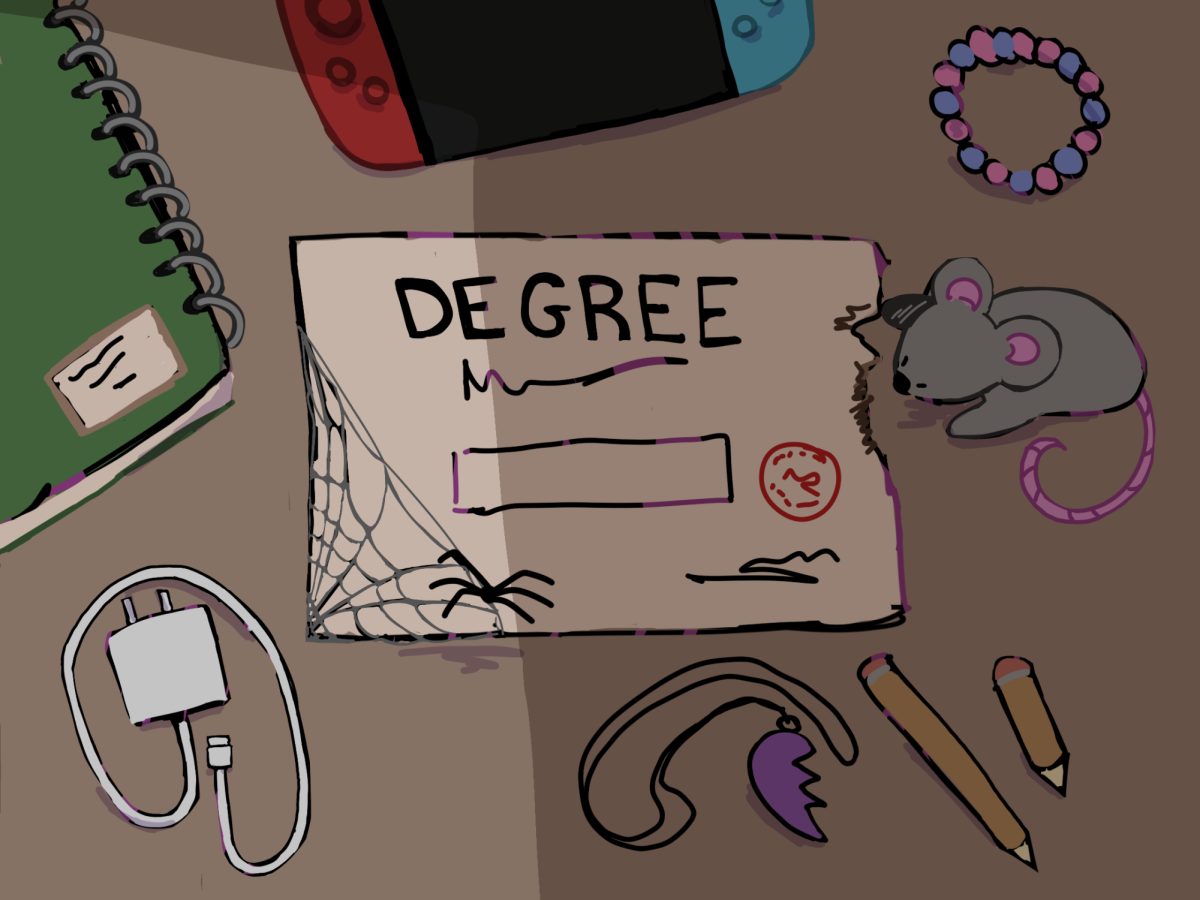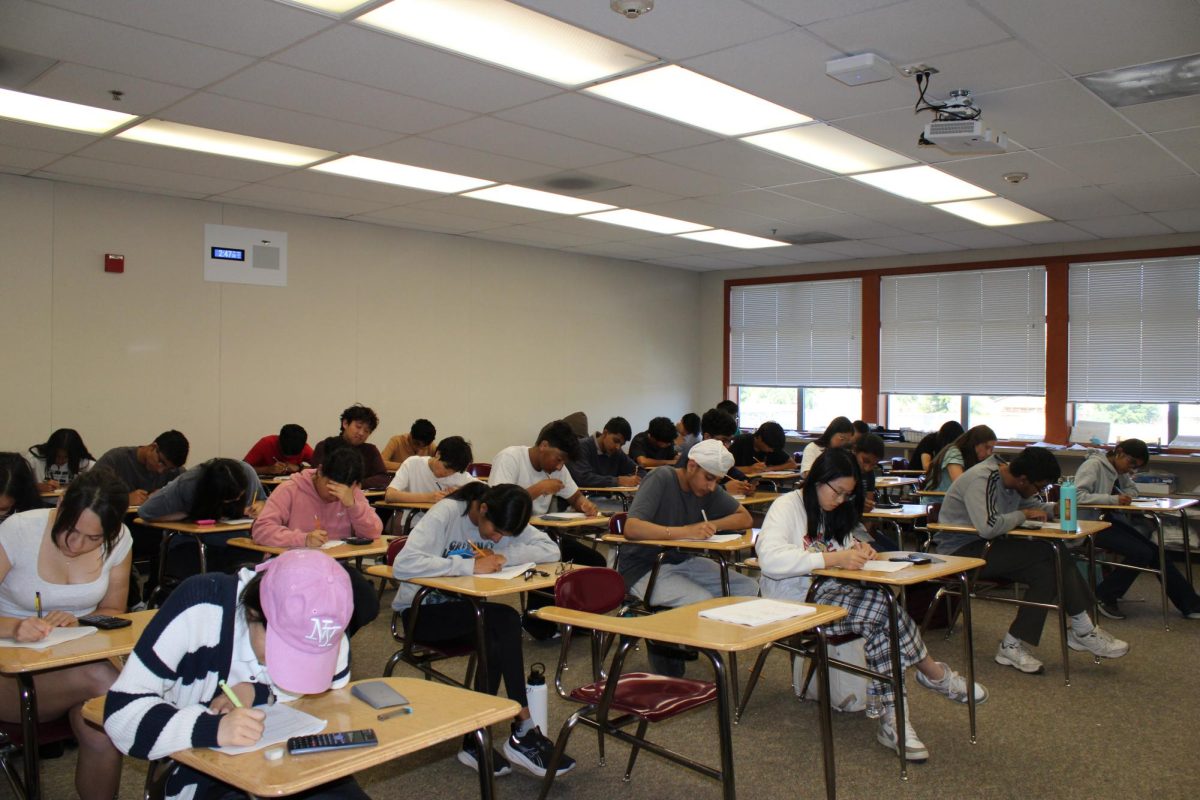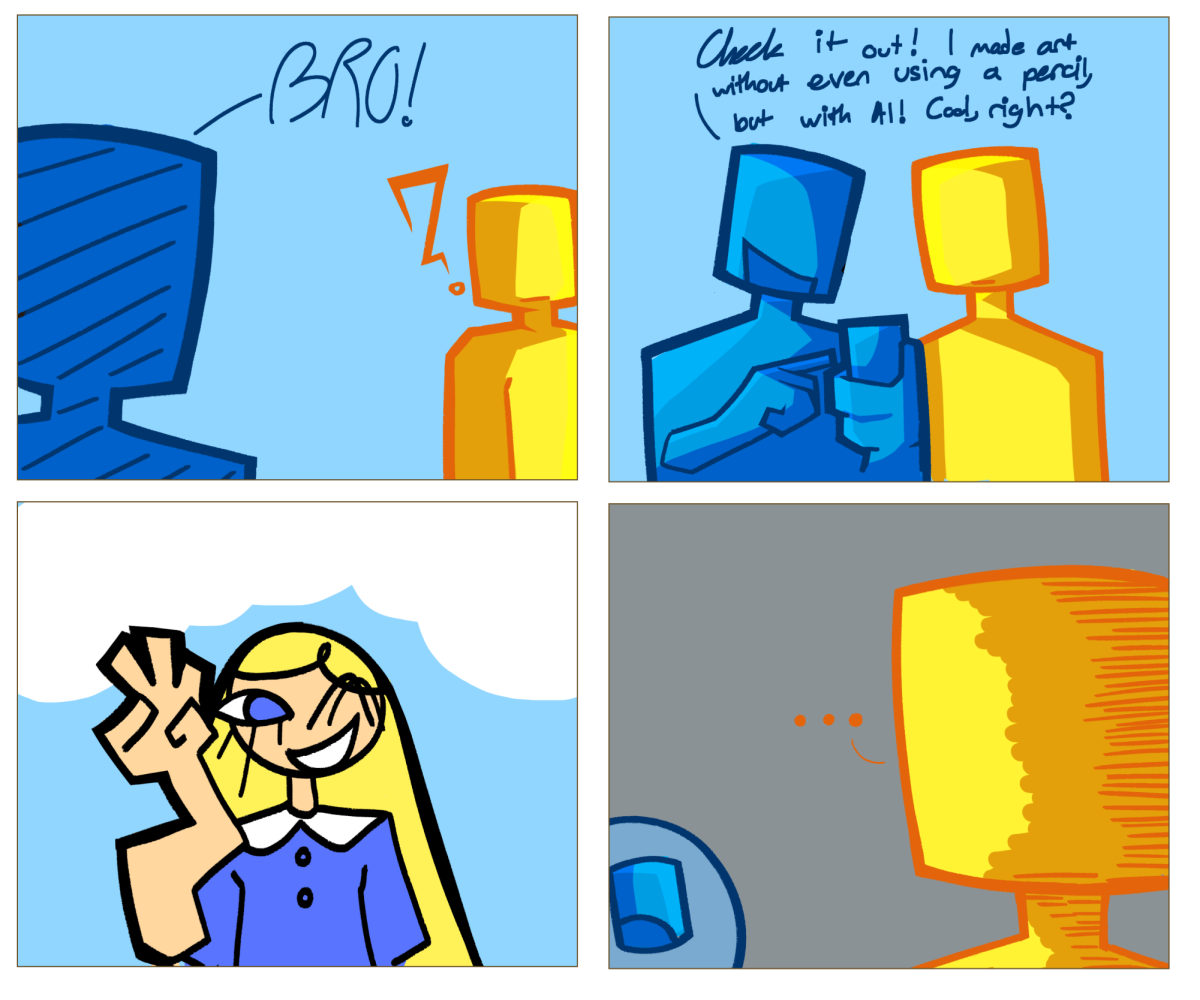A parent spoke at the San Ramon Valley Unified School District board meeting on Feb. 20 with the intent of having “The Absolutely True Diary of a Part-Time Indian” banned due to the book’s sexual references.
The book, written by Sherman Alexie, is just one of the many books being challenged in schools across the nation.
According to PEN America, a nonprofit literary organization, there were 3,362 recorded cases of book banning during the 2022-2023 school year.
Historically, banned or frequently challenged books follow similar narratives. These challenges often arise from discomfort with themes or ideas presented in the literature, rather than explicit content. Some of the most common reasons for banning a book are due to topics such as violence, sexual content, race or racism, and LGBTQ+ themes.
Over the past couple decades, schools have been taking more strides toward inclusivity and diversity in literature. The sudden surge in book banning feels like a harsh rejection of these positive steps toward a more diverse and understanding classroom and campus.
Parents playing a major role in book banning undermines students’ ability to critically think about various subjects. Trying to shield students from possibly uncomfortable topics, such as race and sexuality, only decreases their engagement in learning. If students are not able to learn from the safety of a classroom environment, where are they expected to learn about these topics?
Books that have been carefully selected by the Department of Education and approved by school districts should not be challenged for any students, including those in elementary and middle schools. Challenging books demonstrates a lack of trust in both the school district to adequately choose age-appropriate books and students in their ability to consume and interpret information.
Book banning can be particularly detrimental for students in lower grade levels. If they are not introduced to mature topics in a safe space such as the classroom, they might lack empathy or understanding in regards to certain scenarios as they grow up. Open discussions on classroom literature should be encouraged so students can freely express their opinions, helping to foster curiosity and intellectual growth in students.
The discomfort that these challenged books might warrant is necessary for students to gain a stronger sense of social awareness in the long run. No one, including parents, school districts or politicians, should restrict students’ freedom to read.
Book bans limit learning
Audrey Goddard, Staff Writer
March 28, 2024
More to Discover
About the Contributor

Audrey Goddard, Staff Writer
Audrey Goddard is a senior joining The Californian for the first time as a staff writer. She hopes to further develop her writing skills and explore new writing techniques during her time in the newspaper. In her free time, she loves to write poetry, read, and make jewelry.


